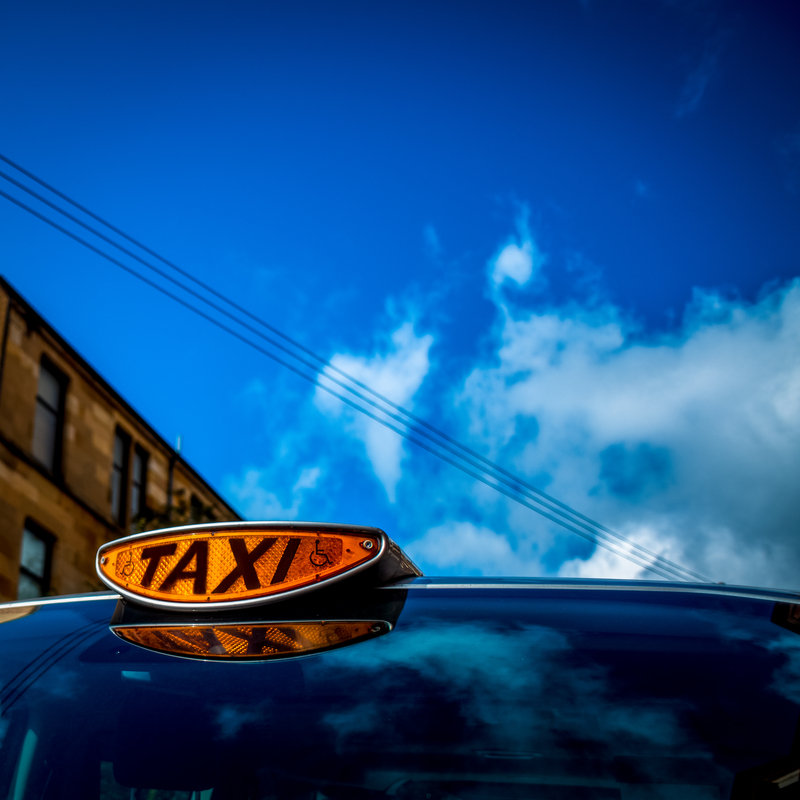In the UK, there are strict laws surrounding the number of hours commercial drivers can work before they take a break. Yet rules for most commercial drivers are not the same as the rules for taxi drivers. So in this post, we’ll take a close look at the taxi driver working hours regulations in the UK.
If you have any more questions about your legal responsibilities as a taxi driver or taxi fleet manager, call our dedicated team on 0208 290 9099, or email CM@AnthonyJones.com.
UK Taxi Driver Working Hours
HGV drivers have to commit to strict working hour limits and rest period requirements, and they must painstakingly maintain their tachographs to ensure they’re compliant. There are no such regulations for taxi drivers. Different councils across the UK may stipulate certain guidelines for taxi drivers. But even then, the rules seem to be pretty flexible.
London Taxi Driver Working Hours
Transport for London, for example, regulates all taxi services in the Greater London area. When it comes to working hours, they say that taxi drivers should not work more than 10 hours in any 24 hour period. They also advise drivers to plan a 15-minute break for every two hours of driving. But even this is just a “good practice tip” for promoting health and wellbeing, rather than a strict regulation.
Why Do Taxi Drivers Work Long Hours?
According to the National Careers Service, taxi drivers generally work up to 43 hours a week. Some, though, may work for much longer. Assuming taxi drivers take a couple of days off a week, this means that most will work around eight hours a day.
The problem is that, as taxis operate on a fare system, there’s an incentive for drivers to work for as long and as hard as possible. If they’re not driving and picking up passengers, they’re not getting paid.
Self-employed taxi drivers, and drivers who work for companies like Uber, are free to set their own hours. Such drivers may feel particularly compelled to work for as long as possible.
The Problem With Working Longer Hours
Driver Fatigue
Taxi drivers may spend entire days driving, often through highly congested city streets, and sometimes while dealing with rude or hostile passengers. This can be exhausting, and driver fatigue is a major cause of road crashes in the UK.
Plus, even if a taxi driver is lucky enough to never get involved in an accident, all those long hours may one day take their toll. Ongoing tiredness could contribute to stress, burnout, anxiety, depression, and a range of other health problems.
Passenger Safety
Taxi drivers, and their fleet managers, have duty of care to their customers. If driver fatigue results in an accident and an injured passenger, it could lead to a legal nightmare.
Public liability insurance for taxi drivers can help manage many of the risks associated with taxi passengers. But even then, in the event of an accident, if it’s found that the taxi driver was working excessive hours, it could potentially invalidate the policy.
Running Costs
The more you drive, the more you’ll have to pay for fuel. Extensive periods of driving could also increase your ongoing vehicle maintenance and repair costs.
Also think about your taxi fleet insurance. Insurers will calculate the price of your policy based partially on your mileage. The higher your mileage, the more you might expect to pay for cover.
How to Manage Your Workload as a Taxi Driver or Fleet Manager
If you’re a self-employed taxi driver, or if you work for a company such as Uber, then you may have a lot of freedom when it comes to choosing your working patterns. This means it’s up to you to ensure you never push yourself too hard:
- Make sure you get plenty of sleep before you start work.
- Avoid eating heavy meals before driving. And it goes without saying that you should never drink and drive.
- Never get behind the wheel, or pick up a customer, if you already feel tired.
- Take a 15 minute break for every two hours you spend driving. Also stop and take a break as soon as you start to feel tired. If you need to keep working, a short 20 minute nap might help.
- Take care with coffee and energy drinks. A can of Red Bull can perk you up for the short-term. But once the effects wear off you might feel even more tired than you did before. And it’s probably not healthy to drink heavily caffeinated drinks non-stop throughout your shift.
If you manage a fleet of taxis, then there are things you can do to promote healthy work patterns among your drivers. Read our guide to managing driver behaviour. We also have this guide to driver safety apps.
If you have any more questions about your legal responsibilities as a taxi driver or taxi fleet manager, call our dedicated team on 0208 290 9099, or email CM@AnthonyJones.com.


